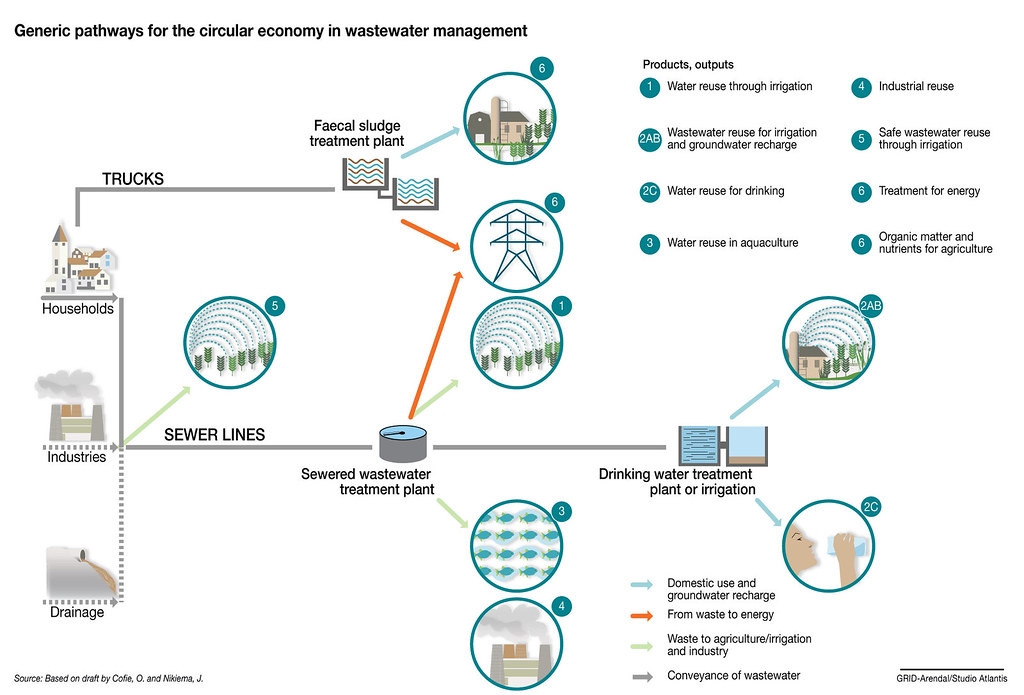
Petrochemical Innovations
Introduction
In a bid to reduce waste, enhance sustainability, and address climate change, circular economy models have gained significant attention. Among the sectors focusing on circularity, petrochemical innovations are revolutionizing the way materials are produced, used, and recycled.
The Concept of Circular Economy
Circular economy is an alternative to the traditional linear economy model, which follows a take-make-dispose approach. In a circular economy, products and materials are designed, produced, and utilized in a way that minimizes resource consumption and maximizes their value throughout their lifecycle.
Petrochemical Innovations in Circular Economy
Petrochemical industries have been actively exploring innovative solutions to transition towards circularity and mitigate the negative environmental impact of their operations. Some notable examples of petrochemical innovations in circular economy models include:
- Recycling and Repurposing: Petrochemical companies are investing in technologies to reclaim, recycle, and repurpose plastic waste. By converting used plastic materials into new feedstock, these innovations contribute to reducing virgin material extraction and landfill waste.
- Bio-based Alternatives: Biomass is increasingly explored as a renewable source for petrochemical production. Using bio-based alternatives derived from plants, algae, or waste, companies can reduce dependence on fossil fuels and reduce carbon emissions.
- Chemical Recycling: Advanced chemical recycling techniques are being developed to transform complex plastics into their original building blocks, enabling the production of high-quality, recycled plastics. This process facilitates closed-loop recycling and minimizes environmental impact.
These petrochemical innovations exemplify the potential for circular economy models to drive the sustainable transformation of the industry, reducing waste and environmental degradation while maintaining economic growth.
Benefits of Petrochemical Innovations in the Circular Economy
The integration of petrochemical innovations in circular economy models brings numerous benefits:
- Reduced Environmental Impact: By promoting recycling, repurposing, and substituting fossil fuels with bio-based alternatives, petrochemical innovations significantly reduce greenhouse gas emissions, resource depletion, and plastic waste accumulation.
- Enhanced Resource Efficiency: Circular economy models optimize resource utilization by closing material loops. Petrochemical innovations enable the extraction of value from waste, minimizing the need for virgin materials and reducing extraction-related environmental degradation.
- Economic Opportunities: Shifts towards circular economy models in the petrochemical industry create new business opportunities, promote sustainable entrepreneurship, and drive job growth in sectors such as recycling, renewable feedstock production, and advanced material development.
Conclusion
Petrochemical innovations play a crucial role in advancing circular economy models, stimulating sustainable practices in the industry. By investing in recycling, repurposing, and bio-based alternatives, the petrochemical sector can significantly reduce its environmental impact while generating economic benefits. Moving towards circularity is a fundamental shift, paving the way for a more sustainable future.





